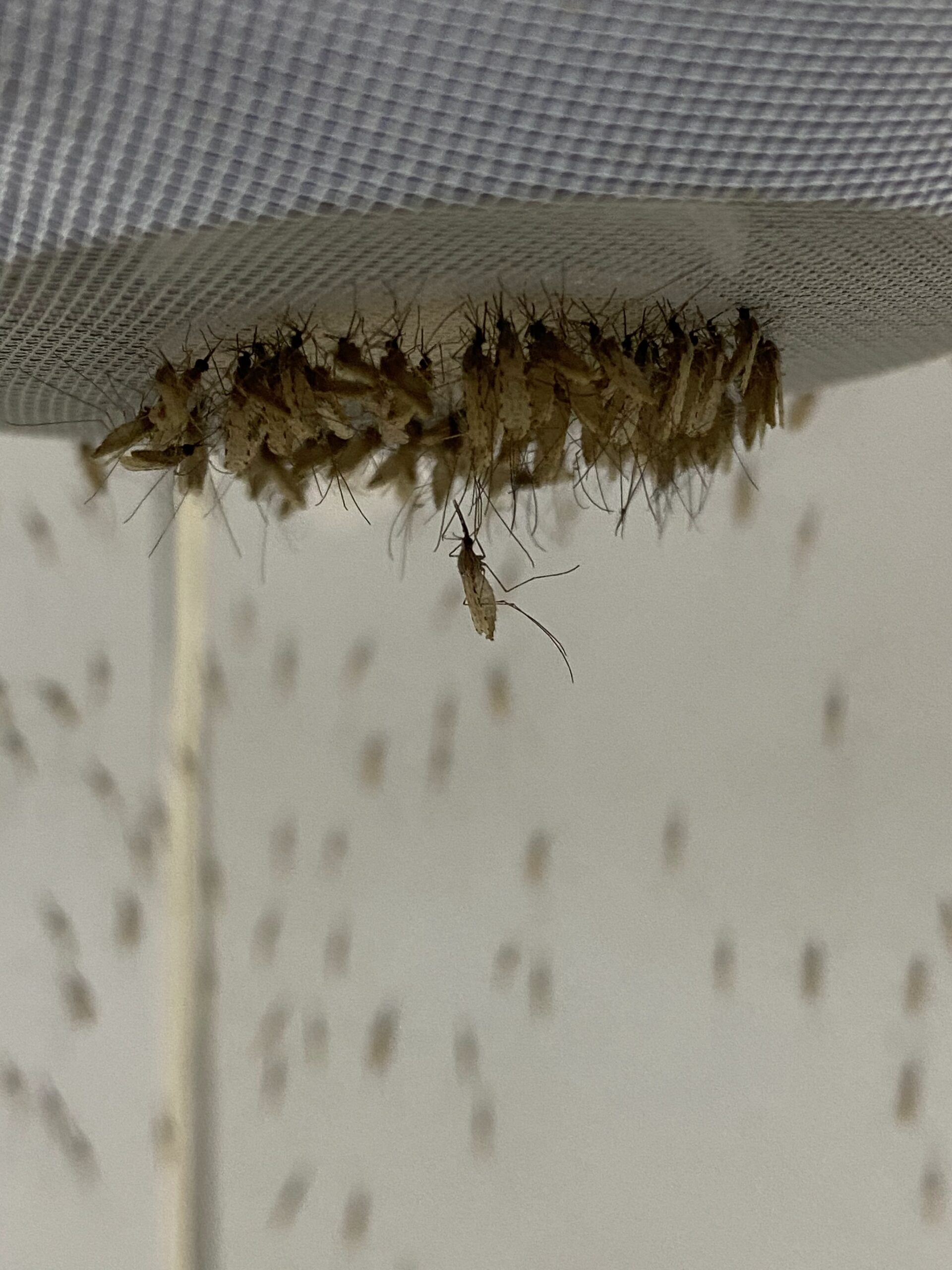
BLOODless – Blood-free Diet for Rearing Malaria Mosquito Vectors
A mosquito diet similar to blood that frees research and control of vector-borne diseases like malaria of financial and ethical constraints.
BACKGROUND
Malaria is an infectious disease transmitted by females of the Anopheles mosquito that represents an important risk to global health. The disease is controlled mainly by controlling the mosquito vector. In recent years, several innovative vector control measures have emerged, such as the release of genetically modified mosquitoes or the introduction of sterile males, which depend on breeding large quantities of mosquitoes in the laboratory.
TECHNOLOGY OVERVIEW
This production, in the scale of millions, is limited, as the female mosquito needs to feed on blood to produce eggs and thus complete their life cycle. The use of large amounts of blood (usually from human donors or experimental animals) is a major disadvantage as a result of ethical and financial issues. For this reason, we have developed an efficient blood-free artificial diet for breeding Anopheles mosquitoes, which can contribute to the global effort to eliminate malaria. The methodology allows the elimination of the use of animals for mosquito breeding, reduces the risk of accidental introduction of pathogens and has the potential to be used in innovative control applications. Further, this artificial diet can be applied in remote locations where the disease is endemic (like in Africa).
Video of mosquitos being fed with BLOODless diet.
FURTHER DETAILS
Marques, J., Seabra, S.G., Almeida, I. et al. Long-term blood-free rearing of Anopheles mosquitoes with no effect on fitness, Plasmodium infectivity nor microbiota composition. Sci Rep 14, 19473 (2024). https://doi.org/10.1038/s41598-024-70090-6
Marques J, Cardoso JCR, Felix RC, Santana RAG, Guerra MGB, Power D, Silveira H. 2018. Fresh-blood-free diet for rearing malaria mosquito vectors. Sci Rep. 8:17807. DOI: 10.1038/s41598-018-35886-3.
Marques J, Cardoso JCR, Felix RC, Power D, Silveira H. 2020. A Blood-Free Diet to Rear Anopheline Mosquitoes. J. Vis. Exp. (155), e60144, doi:10.3791/60144.
STAGE OF DEVELOPMENT
TRL 4 – Technology Validated in Lab.
BENEFITS
BLOODless is the only available diet for rearing malaria mosquitoes that does not require blood or fresh blood derivatives and that mimics the standardized blood meal in terms of mosquito production.
When compared with the standard way of rearing mosquitoes (using blood), it does not require:
- Experimental animals;
- Human or animal blood;
- Complex ethical clearance;
- Complex distribution chain;
- Animal facility and qualified personnel
Bloodless can be stored for longer periods when compared to blood and reduces the chances of accidental pathogen transmission.
Further, other artificial diets only showed relative success in Aedes mosquitoes but limited or no-success when applied to Anopheles mosquitoes (malaria vectors).
APPLICATIONS
- Anopheles insectaries and Research Institutions.
- Companies and Institutions that produce/test antimalarial vaccines or transgenic mosquitoes.
- Vector Borne Diseases Control programs.
OPPORTUNITY
- Available for licensing;
- Seeking co-development partners.
KEYWORDS
Malaria; large scale mosquito production; insectary; genetically modified mosquitoes.
INTELLECTUAL PROPERTY
NOVA Inventors
Henrique Silveira
Joana Marques


